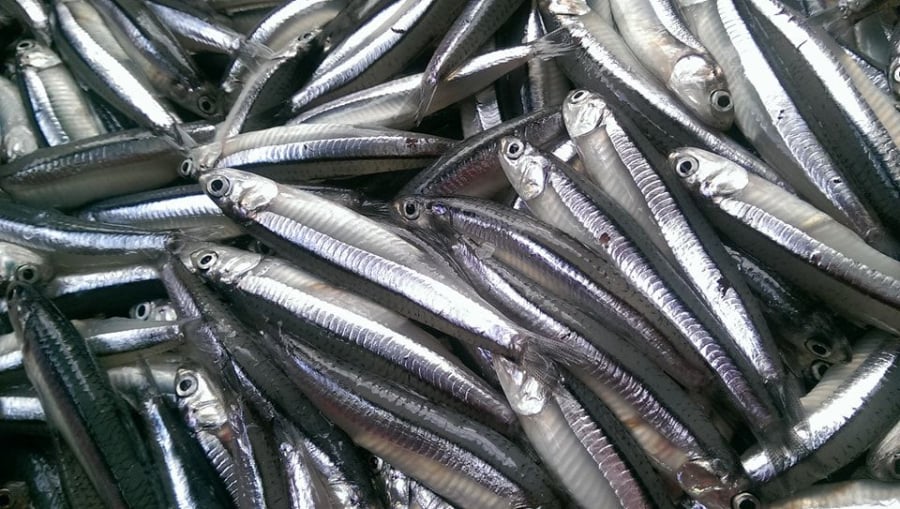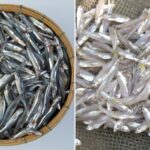Sardines
Everyone knows that sardines are small, slender fish that inhabit coastal regions. Despite their tiny size, they pack a nutritional punch. They are rich in protein, minerals, and vitamins A and D, and are an excellent source of long-chain omega-3 fatty acids, offering a plethora of health benefits.
Tuna
Tuna is a deep-sea fish with tender, flavorful meat that is free from environmental contaminants. It helps to lower cholesterol and prevent atherosclerosis. Additionally, it is particularly effective in preventing and treating cardiovascular and cerebrovascular diseases.
Tuna is also rich in iron, vitamin B12, and omega-3, which can improve anemia and prevent cardiovascular issues in the elderly.

Nutritious and Affordable Fish Options
Mackerel
According to the Labor News, as cited by Aboluowang, mackerel is a fast-growing, high-yield fish. One hundred grams of mackerel provides 166 kcal, 21.4 grams of protein, 7.4 grams of fat, and 486 mg of potassium. Regular consumption of mackerel by the elderly can help prevent cardiovascular diseases, memory decline, and type 2 diabetes.
Herring
Herring is abundant in omega-3, EPA, and DHA, all of which are beneficial for heart health. These essential fatty acids promote smooth blood flow and maintain a healthy cardiovascular system. The high vitamin D content in herring also makes it excellent for bone and joint health in older adults.
Cod
Cod is an excellent source of omega-3 and omega-6 fatty acids. It is rich in vitamins B12, B6, E, A, and C, as well as minerals like phosphorus, potassium, selenium, and trace elements. Cod is also very lean and low in calories, making it an excellent choice for weight loss.

7 Delicious and Nutritious Fish Options
Salmon
Salmon is long and slender, with few scales and plenty of meat. It is known as an extremely nutritious fish, sometimes referred to as an “oily fish” due to its high content of omega-3 fatty acids, which are beneficial for brain health. Salmon is often smoked and packaged to extend its shelf life while preserving its nutritional value.
Catfish
Catfish can survive in both freshwater and saltwater environments. They are a good source of omega-3 fatty acids, which are beneficial for the brain, heart, immune system, and eyes. Catfish also provide significant amounts of vitamin B12, which is essential for DNA synthesis and the normal functioning of blood cells.





































